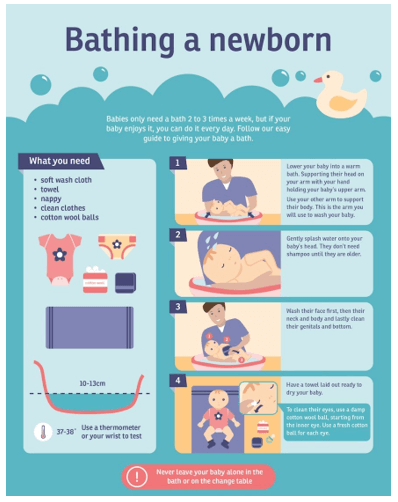A nurse is administering a client's morning oral medications.
Which of the following actions should the nurse take?
Verify the medication three times with the medication administration record.
Document medication administration prior to administering medication.
Administer time-critical medication 60 min before or after the scheduled time.
Identify the client by using one identifier before giving the medication.
The Correct Answer is A
a. Verify the medication three times with the medication administration record.
When administering oral medications, the nurse should verify the medication three times with the medication administration record to ensure that the correct medication is being given to the correct client at the correct time. This is known as the "three checks" and is an important step in preventing medication errors.

Nursing Test Bank
Naxlex Comprehensive Predictor Exams
Related Questions
Correct Answer is D
Explanation
Dry, itchy skin is a common concern in older adults, especially during the winter months or in dry environments. Increasing the humidity in the client's environment can help alleviate dryness and itching. Placing a humidifier in the client's room will add moisture to the air and help prevent excessive drying of the skin. It is important to ensure that the humidifier is clean and well-maintained to avoid the growth of bacteria or mould.
Encouraging the client to bathe frequently may further dry out the skin, so it is not recommended. Similarly, applying powder to the skin may exacerbate dryness and should be avoided. Adding moisturizing oil to the bath water may provide temporary relief, but a humidifier will have a more consistent and long-lasting effect on the client's environment.
Correct Answer is C
Explanation
Explanation:
Sponge baths are recommended until the umbilical cord stump falls off, which typically occurs within the first two weeks of life. After that, the baby can be immersed in water for a regular bath.
Using talcum powder is not recommended as it can be harmful to the baby's respiratory system if inhaled. Mild, pH-balanced soap should be used instead of alkaline soap to avoid irritating the baby's delicate skin.
The bathwater temperature should be around 98 degrees Fahrenheit and not hoter than 100 degrees Fahrenheit to prevent burns.

Whether you are a student looking to ace your exams or a practicing nurse seeking to enhance your expertise , our nursing education contents will empower you with the confidence and competence to make a difference in the lives of patients and become a respected leader in the healthcare field.
Visit Naxlex, invest in your future and unlock endless possibilities with our unparalleled nursing education contents today
Report Wrong Answer on the Current Question
Do you disagree with the answer? If yes, what is your expected answer? Explain.
Kindly be descriptive with the issue you are facing.
